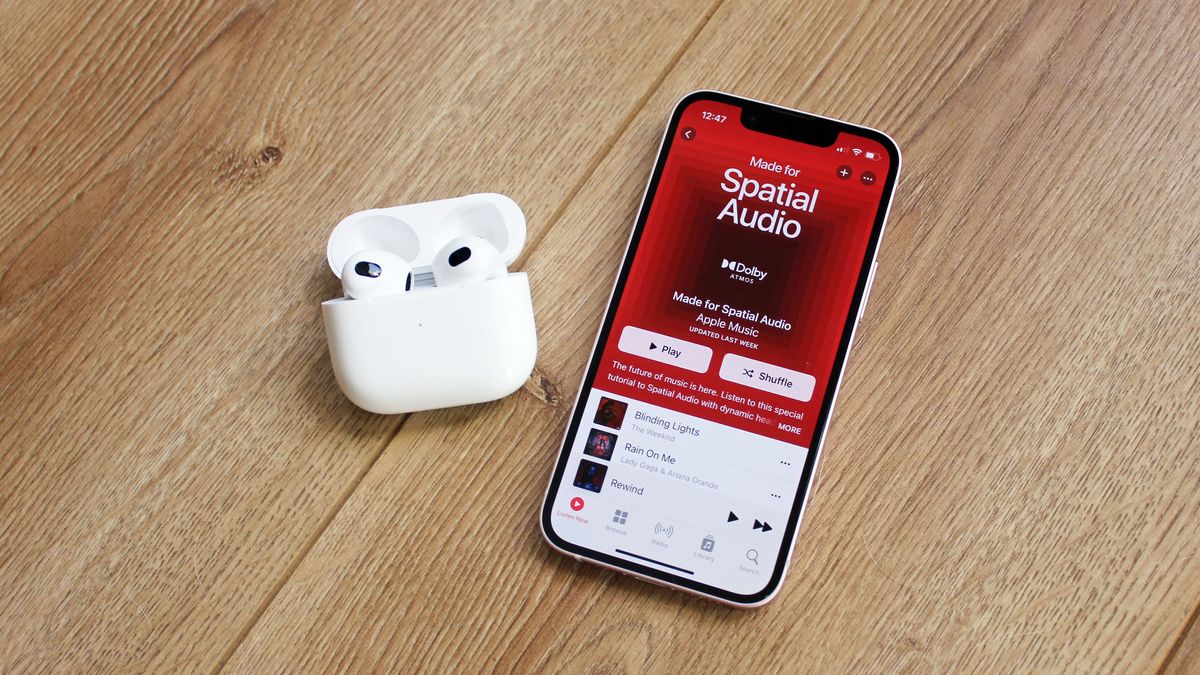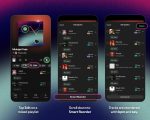
What do REM, Taylor Swift, Dua Lipa, Doja Cat, Olivia Rodrigo and Michael Bublé have in common? They’ve all released music in spatial audio formats like Dolby Atmos on Apple Music – and next year, they’re going to be joined by a lot more artists. In an effort to make more acts release spatial audio music, Apple is offering significant incentives to encourage them.
Spatial audio is one of Apple Music’s key features, delivering three-dimensional sound to your AirPods or HomePods. When it’s done well it adds extra realism to the track. As the cliché goes, it makes you feel that you’re right there on stage or in the studio with the artist, especially if you’re using headphones or earbuds with head tracking. When it’s done well it’s really lovely. I’m listening to Troye Sivan’s One Of Your Girls in Dolby Atmos right now and it makes the already intimate track feel even more immediate.
It’s also pretty great with live recordings and can give a whole new lease of life to records you’ve heard a million times. Check out the remaster of Fleetwood Mac’s Rumours for an excellent example – the Spatial Audio enables you to hear individual vocals and instrument tracks with a clarity and immediacy that made me laugh out loud.
According to Bloomberg, Apple is going to give higher weighting to spatial audio tracks, which means they’ll appear more prominently in search results and browsing, and it’ll pay higher royalties too. Interestingly, Apple will pay more whether people listen to the tracks or not. The encouragement is based on making tracks available in the format, not how many people listen to them.
The goal here is two-fold: to promote Apple Music and to sell Apple’s music hardware, like the best AirPods and best MacBooks. Spatial audio is an area, alongside lossless audio, where Apple Music has an edge over Spotify’s standard subscription plan, and it’s a feature built into Apple’s most recent headphones, earbuds and speakers.
The full list of spatial audio compatible Apple products is impressively long, and includes:
- AirPods Pro (1st or 2nd generation), AirPods Max, AirPods (3rd generation), Beats Fit Pro, or Beats Studio Pro
- iPhone 7 or later
- iPad Pro 12.9‑inch (3rd generation) and later
- iPad Pro 11‑inch
- iPad Air (3rd generation) and later
- iPad (6th generation) and later
- iPad mini (5th generation) and later
- Macs with Apple Silicon
- Apple TV 4K with tvOS 15 or later
As ever, Apple hasn’t commented on the report but it’s clear that you can expect to hear much more spatial audio in 2024.








